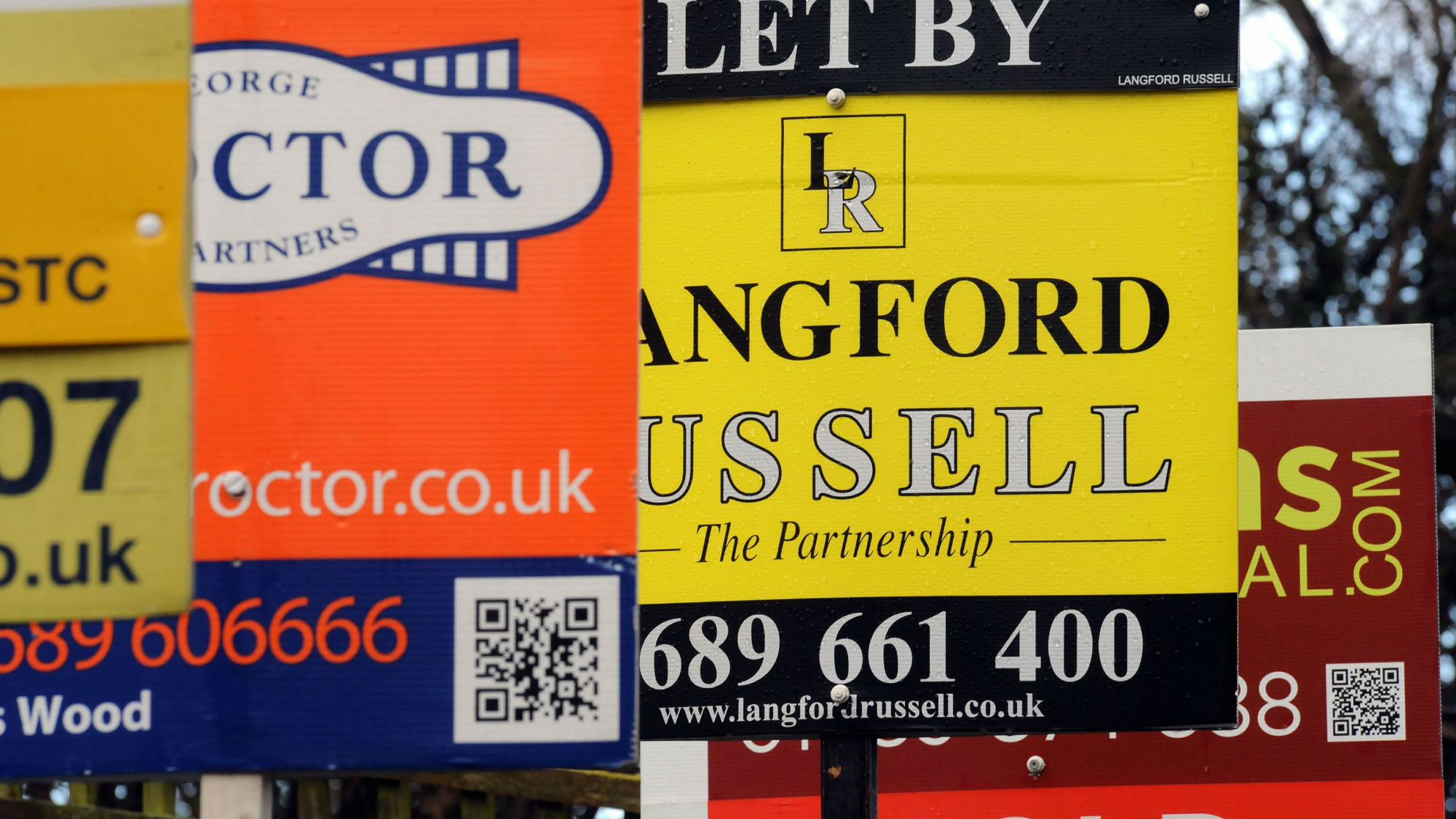Could this be the secret to getting on the property ladder?
Shared ownership schemes are the new kid on the housing block - but what are they and how can they help first-time buyers to get on the property ladder?

Shared ownership schemes are the new kid on the housing block - but what are they and how can they help first-time buyers to get on the property ladder?
Words by Ellena Rowlin
Yep, we're going to talk about housing, specifically shared ownership schemes, since this is the buzz-term de jour. But why? And what's to know?
Shared ownership schemes - or Help To Buy - are the UK government initiative to help get first-time buyers onto the property ladder without needing extortionate deposits or a super high income. It's a cross between renting and buying and it could be your secret to having your own pad, even if you think it might seem impossible. Let's break it down:
Shared ownership schemes work by offering you the chance to buy a share of your home – between 25% and 75%. You then pay an affordable rent to the housing association on the remaining share that you don’t own.
Later on, if you want to you can buy a bigger share of the house when you can afford it. This is called ‘staircasing’, where you can keep buying bigger chunks until you own 100% of the property. How much you pay for your new share will depend on the value of your home at the time – and this will be determined by the housing association. You'll pay more for the share if your home's value has gone up and less if it's fallen.
How to know if you are eligible for a shared ownership scheme
If your household earns £80,000 a year or less outside London, or your household earns £90,000 a year or less in London
Marie Claire Newsletter
Celebrity news, beauty, fashion advice, and fascinating features, delivered straight to your inbox!
AND if you are a first-time buyer, you used to own a home but can’t afford to buy one now, or you are an existing shared owner looking to move then you will be eligible.
You can sell your share at any time which could prove a worthy investment if the property has increased in value (here's hoping). The bad news? Housing associations often have something called ‘right of first refusal’. For example, L&Q in London has the first eight weeks to find a buyer before you do. They bring in a surveyor to determine the value and once it's sold they charge you 1.25% of the full market value, much like an estate agent would.
If you do achieve 100% ownership of your home, you can sell your property yourself. However, ‘right of first refusal' still stands for 21 years after you first purchased your home. This means the housing association can choose to buy the property back before you sell it on to anyone else.
You can find shared ownership schemes near you at helptobuy.gov.uk

Shared ownership schemes mortgages
If you can't pay for your share of the home with savings, you’ll need to take out a specific shared ownership mortgage. If you do choose to get a mortgage, typically a 5% deposit is needed, rather than the 10 – 20% required for most other mortgages. Separate rent is then paid on the remaining share. Not all lenders offer shared ownership mortgages, but the ones that do include Barclays, Leeds Building Society and Halifax.
Videos you may like:
Video you may like:
Shared ownership schemes pros?
Normally the combined monthly payments are lower than the cost of renting privately in the same area. And you can get a foot on the property ladder because the up-front costs are lower. You only put down a 5-10% deposit of the cost of the share you buy.
Many of the houses in the shared ownership schemes are newly built homes.
You must buy at least 25% of your home but you will get a discount of between £9,000 and £16,000 on the value of your property – depending on where you live and the chunk of the share you're buying. If you choose to increase your stake in your home later on, again, you will get a discount.
Shared ownership schemes cons?
If you decide to sell your house, you could find it pretty difficult when it comes to finding someone who is eligible to buy your home, making it more difficult to get a speedy sale.
If you don’t own 100% of the property and want to make improvements to it, you may have to get permission from the housing association before undertaking any work on the house. Hello cold showers.
All sub-letting, even if it is informally, is forbidden in the lease under shared ownership schemes. So don't try it.
If your property falls in value after buying it you may not be able to sell without making a loss, and staircasing up to 100% may be unaffordable because of rising house prices. This means you may have no choice other than to stay in the property. Just be sure that you won't want to move around before you commit to one of these schemes and try to find out how much management fees and rent are likely to increase by each year before committing.
You should expect further legal fees if you decide to staircase.
All shared ownership properties are leasehold so there could be ground rent to pay as well as the rented part of the property.
There are also usually service charges which could eat into the hard earned money you've set aside to buy more shares in your home. These vary from property to property and can be pretty expensive, so make sure you check them with the housing association you're getting your home from beforehand.
The leading destination for fashion, beauty, shopping and finger-on-the-pulse views on the latest issues. Marie Claire's travel content helps you delight in discovering new destinations around the globe, offering a unique – and sometimes unchartered – travel experience. From new hotel openings to the destinations tipped to take over our travel calendars, this iconic name has it covered.


